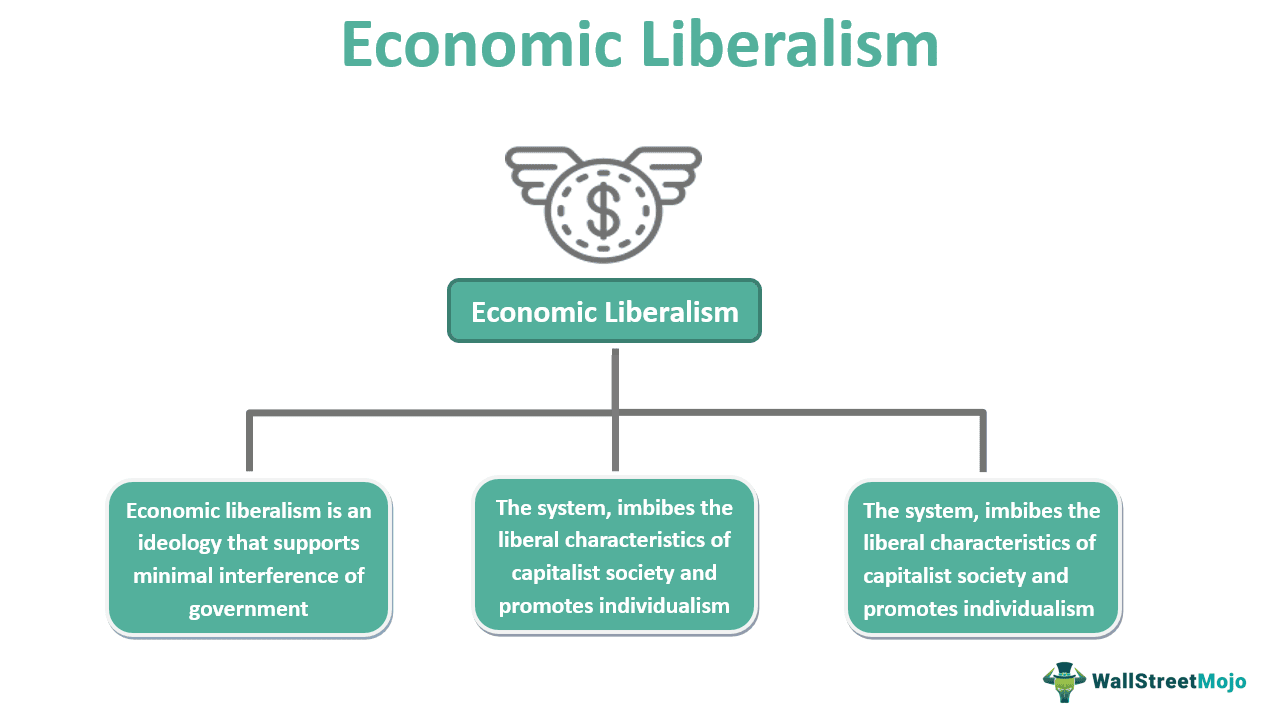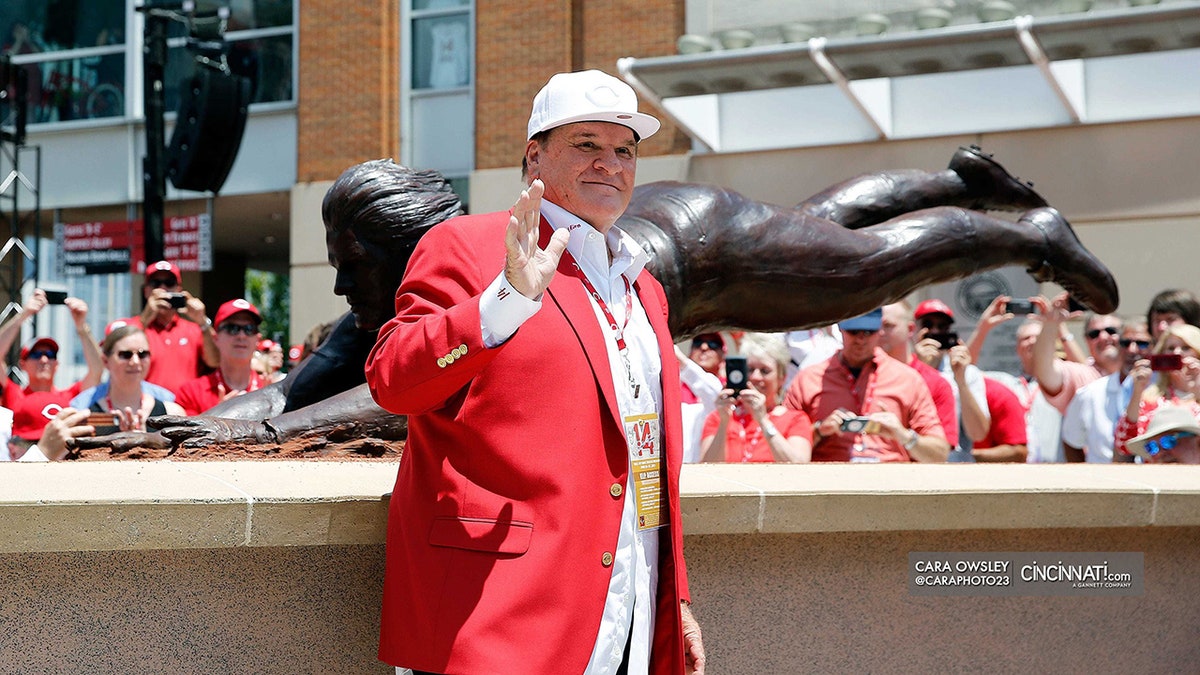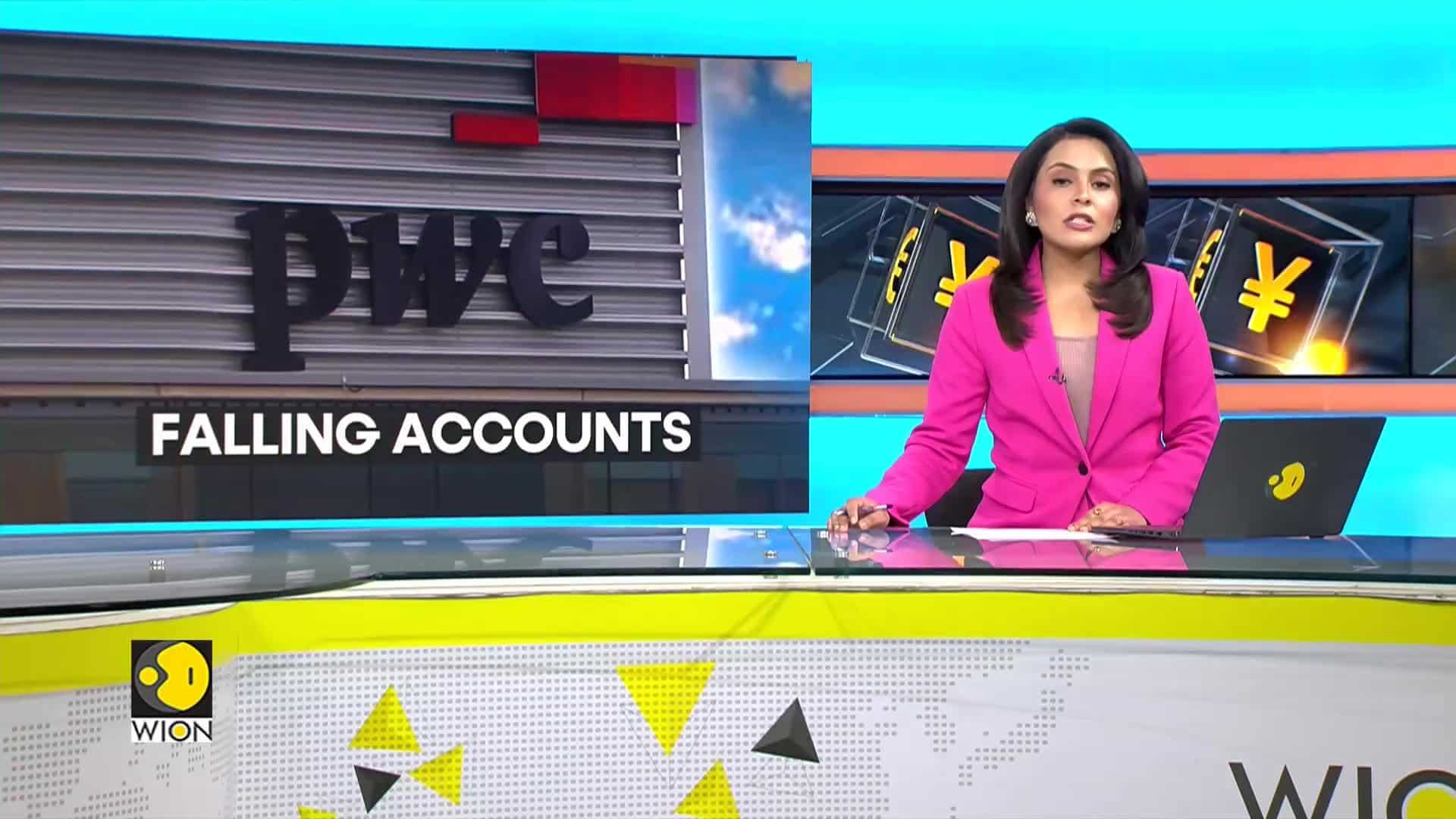Trump's Next 100 Days: A Deep Dive Into Trade, Deregulation, And Executive Actions

Table of Contents
Trade Policy and International Relations
President Trump's approach to trade is characterized by a strong "America First" philosophy. This translates into significant potential changes in existing trade agreements and a more protectionist stance on global trade.
Renegotiating Existing Trade Deals
Trump's administration has signaled intentions to renegotiate several key trade deals, most notably the North American Free Trade Agreement (NAFTA). This could involve:
- Changes to NAFTA: Potential alterations to rules of origin, dispute resolution mechanisms, and agricultural trade provisions.
- Re-evaluation of WTO agreements: Potential challenges to the World Trade Organization's dispute settlement system and existing trade rules.
- Impact on American Businesses: Uncertainty surrounding renegotiations could impact investment decisions and supply chains for businesses involved in international trade.
- Consumer impact: Renegotiated trade deals could lead to increased prices for certain goods or a shift in consumer purchasing patterns. The implications for international relations are significant, potentially straining relationships with key trading partners like Canada and Mexico. Keywords: NAFTA renegotiation, trade wars, international trade, tariffs, import/export.
Imposing Tariffs and Trade Barriers
A key aspect of Trump's trade policy is the potential for imposing tariffs and other trade barriers. This protectionist approach aims to:
- Protect domestic industries: Increased tariffs on imported goods could safeguard American jobs in specific sectors.
- Economic consequences: However, tariffs can lead to higher prices for consumers, retaliatory measures from other countries, and disruptions to global supply chains.
- Retaliatory Measures: Imposing tariffs could trigger trade wars, with other countries responding by imposing their own tariffs on American exports, potentially harming the US economy. Keywords: tariffs, trade barriers, protectionism, global trade.
Promoting "America First" Trade Policies
The core principle guiding Trump's trade policy is "America First." This approach emphasizes:
- Bilateral trade agreements: A shift from multilateral trade agreements to bilateral deals that prioritize American interests.
- Economic Nationalism: Prioritizing domestic industries and jobs over global economic integration.
- Potential benefits and drawbacks: While proponents argue that this approach could boost domestic industries, critics worry about the potential for trade wars and economic isolation. Keywords: America First, bilateral trade agreements, economic nationalism.
Deregulation and the Economy
A significant aspect of the Trump administration's agenda is deregulation across various sectors. The anticipated effects on the economy are far-reaching.
Targeting Specific Industries for Deregulation
The Trump administration is expected to focus on deregulation in several key industries, including:
- Energy: Easing environmental regulations on oil, gas, and coal production.
- Finance: Reducing regulations on banks and financial institutions.
- Intended economic benefits: Supporters argue that deregulation will stimulate economic growth, create jobs, and reduce costs for businesses.
- Potential environmental or social consequences: Critics express concerns about the environmental impact of deregulation, particularly in the energy sector, and potential risks to financial stability. Keywords: deregulation, financial deregulation, environmental regulations, energy policy.
The Impact on Job Creation and Economic Growth
Deregulation proponents believe that reducing regulatory burdens will lead to:
- Increased job creation: Businesses may invest more and expand operations, leading to more job opportunities.
- Economic growth and GDP increase: Lower costs and increased investment could contribute to higher GDP growth.
- Expert opinions and data: Analyzing economic data and expert forecasts is vital to assessing the actual impact of deregulation. Keywords: economic growth, job creation, GDP, economic impact.
Regulatory Reform and its Long-Term Effects
The long-term effects of deregulation require careful consideration:
- Consequences for various sectors: Assessing the long-term impact on different industries, including potential unforeseen consequences.
- Regulatory capture: The risk of regulatory agencies becoming too closely aligned with the industries they regulate.
- Role of regulatory agencies: The role of independent regulatory agencies in maintaining public safety and environmental protection. Keywords: regulatory reform, long-term economic impact, regulatory capture.
Executive Actions and Presidential Power
President Trump's use of executive orders is expected to be a defining feature of his presidency.
Use of Executive Orders and Presidential Decrees
Executive orders allow the President to:
- Direct government agencies: Implement policies without requiring congressional approval.
- Limitations on presidential power: Executive orders are subject to judicial review and can be challenged in court.
- Examples of potential executive orders: Orders related to trade negotiations, environmental regulations, and immigration policies. Keywords: executive orders, presidential decrees, presidential power, administrative law.
Judicial Challenges to Executive Actions
The use of executive orders is not without limitations:
- Potential legal challenges: Executive orders can be challenged in court if they are deemed unconstitutional or exceed the President's authority.
- Potential legal outcomes: Court rulings can invalidate or modify executive orders, significantly impacting policy implementation.
- Impact on policy implementation: Legal challenges can delay or prevent the implementation of executive orders. Keywords: judicial review, Supreme Court, legal challenges.
Impact on the Legislative and Judicial Branches
The extensive use of executive orders can have significant consequences for:
- Balance of power: Shifting power from the legislative branch to the executive branch.
- Checks and balances: Weakening the system of checks and balances within the government.
- Long-term consequences for the separation of powers: The potential for long-term erosion of the separation of powers among the three branches of government. Keywords: separation of powers, checks and balances, legislative branch, judicial branch.
Conclusion
Trump's next 100 days will be a critical period shaping the future direction of US trade policy, economic regulations, and the balance of power within the government. His planned actions, involving significant renegotiations of trade deals, wide-ranging deregulation, and extensive use of executive orders, will have profound consequences for the US economy and its relationships with other nations. Understanding these developments is crucial for navigating the complexities of the evolving domestic and global landscape. Continue following developments related to "Trump's Next 100 Days" and stay informed about the potential effects of these policies. Seek out reputable news sources and policy analysis to stay abreast of the unfolding situation and its implications for American life.

Featured Posts
-
 Historic Anchor Brewing Company Announces Closure After 127 Years
Apr 29, 2025
Historic Anchor Brewing Company Announces Closure After 127 Years
Apr 29, 2025 -
 Capital Summertime Ball 2025 How To Get Your Tickets
Apr 29, 2025
Capital Summertime Ball 2025 How To Get Your Tickets
Apr 29, 2025 -
 Pete Rose Pardon Promised Trumps Reaction To Mlbs Stand
Apr 29, 2025
Pete Rose Pardon Promised Trumps Reaction To Mlbs Stand
Apr 29, 2025 -
 Find Your Dream Car Pts Riviera Blue Porsche 911 S T
Apr 29, 2025
Find Your Dream Car Pts Riviera Blue Porsche 911 S T
Apr 29, 2025 -
 Pw C Cuts Ties Withdrawal From Multiple Countries Following Investigations
Apr 29, 2025
Pw C Cuts Ties Withdrawal From Multiple Countries Following Investigations
Apr 29, 2025
Latest Posts
-
 How To Purchase Capital Summertime Ball 2025 Tickets Successfully
Apr 29, 2025
How To Purchase Capital Summertime Ball 2025 Tickets Successfully
Apr 29, 2025 -
 Buying Tickets For The Capital Summertime Ball 2025 A Comprehensive Guide
Apr 29, 2025
Buying Tickets For The Capital Summertime Ball 2025 A Comprehensive Guide
Apr 29, 2025 -
 Get Capital Summertime Ball 2025 Tickets A Practical Guide For Fans
Apr 29, 2025
Get Capital Summertime Ball 2025 Tickets A Practical Guide For Fans
Apr 29, 2025 -
 How To Buy Tickets For The Capital Summertime Ball 2025
Apr 29, 2025
How To Buy Tickets For The Capital Summertime Ball 2025
Apr 29, 2025 -
 Capital Summertime Ball 2025 Your Step By Step Ticket Buying Guide
Apr 29, 2025
Capital Summertime Ball 2025 Your Step By Step Ticket Buying Guide
Apr 29, 2025
